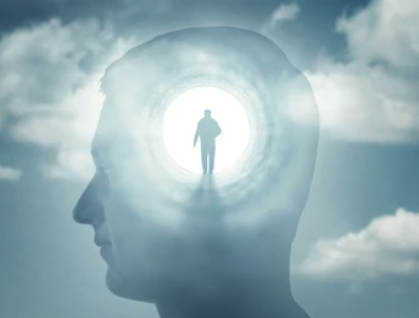
Clues to consciousness: how dopamine fits into the mystery of what makes us conscious – podcast
Philosophers have pondered the meaning of consciousness for generations. But for a long time, scientists didn’t pay the question much attention. And as recently as the 1980s, the science of consciousness remained a controversial topic.
That all began to change in the 1990s, and since then neuroscientists and doctors around the world have discovered tantalising clues about what’s going on in our brains to make us conscious – or unconscious.
Emmanual Stamatakis, who leads the cognition and consciousness imaging group at the Division of Anaesthesia, University of Cambridge in the UK, explains how consciousness seems to work along a continuum. At one end are people in a coma, followed by those under anaesthesia and then an alert person with regular levels of consciousness. “In the last ten years or so, we started extending in a different direction,” he says, by exploring how stimulants such as LSD will “I hesitate saying this: increase your consciousness”.
Stamatakis and his colleagues are currently looking at how brain networks are connected to consciousness. He explains the results of their recent study which found the chemical dopamine may play a crucial role.
Other researchers are already testing drugs that boost dopamine levels in patients with severe brain injuries. Leandro Sanz, a medical doctor and PhD candidate in medical sciences at the University of Liège in Belgium, talks to us about a randomised controlled trial he’s working on that is testing if molecules that mimic dopamine – called dopamine agonists – could help these patients recover better. “It’s a very active field because if we find the treatment that even has slight improvements in all the patients, that would be a huge step forward,” says Sanz.
